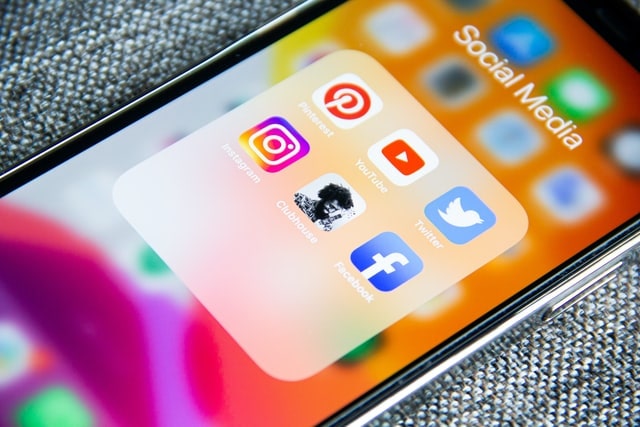 We know that a lack of socialization harms our mental health.
We know that a lack of socialization harms our mental health.
Humans are naturally social animals. So gathering, interacting, giving, and taking together is good for our mental health.
Knowing this, one might think that social media is a grand tool for human networking and socialization. It is a great tool. Still, unhealthy social media habits can actually lead to worsening depression symptoms. Social media scrolling can trick us into thinking we’re receiving the social interaction we need when, in fact, we’re still lacking the key intimacies of social interaction. Avoid these six social media habits:
1. Scrolling and Feeling Inadequate
There’s a phrase that developed out of social media networks, “social-media-ready.” It’s the unrealistic idea that our lives should look picture perfect all the time. That’s simply not our reality. There are days where it’s okay that the dishes are overflowing the sink. These unrealistic expectations damage our self-worth.
The term “doom scrolling” has emerged from the use of social media networks too. This is when you’re scrolling through social media, reading all the negativity surrounding politics, or watching another person’s feed while thinking, “I wish I had that.” If your social media scrolling turns into envying others, put it away for a while and focus on gratitude.
2. Cyberbullying
Regardless of which side of the keyboard (or phone) you’re on, cyberbullying is a negative way to spend time on social media. Sometimes we engage in arguments with people who simply aren’t there to listen. We might be on the other side of that conversation. It’s tempting to hold your ground stubbornly on core political issues in Facebook comments.
The situation is different if you’re engaging in a genuine and productive back-and-forth with another person. But if the only thing happening is a tit-for-tat argument, leave it alone. Your mental wellness is more important than proving your point on a Facebook post.
3. Killing Your Time
Most of us are familiar with games like Candy Crush. They’re easy to play by tapping the screen, there are bright colors, and they feel exciting to our brains. The downside is, this can lead to feeling like you’ve wasted your day.
App developers design games so that players play for a long time. This makes games profitable, especially with games that have micro-payment systems.
Tapping candy every once in a while is fine, but it’s important to put it down and do something you can feel proud of later.
4. Becoming Selfie-crazed
Sometimes we use social media as a way to elevate our self-importance. Knowing your worth is important for positive mental health. Constantly looking at your phone and deciding which moments in life are Instagram-worthy, not so much.
Remember, social media is designed to help us connect. Yes, it’s okay to have our own platforms and we should use them when we’re inspired. If you look at your Facebook and Twitter profiles and notice it’s all about you and only you, reach out to others. Discover a new network or a new friendship instead of hyper-focusing on your social media impact.
5. Seeing Zero Humans in Real Life
Social media doesn’t replace human interaction. Socializing exclusively on social media can even increase feelings of loneliness and isolation. Our minds need to see other humans face-to-face and hear them talk.
Our brains crave this interaction. That’s one reason social media is so popular. It’s okay to keep up with your grandmother’s latest baking shenanigans on Facebook. Just remember to call her every once in a while, too. Or better yet, take some cookies to her house to share!
6. Avoid Using Social Media as a Coping Mechanism
Excessive social media use may cloak an underlying issue. Using social media whenever you feel bored or isolated is less than optimal for your mental wellness.
If you’re feeling isolated and find you’re spending more and more time on social media, read more about depression therapy and reach out. Let’s talk about how to find a healthy balance in your social life.